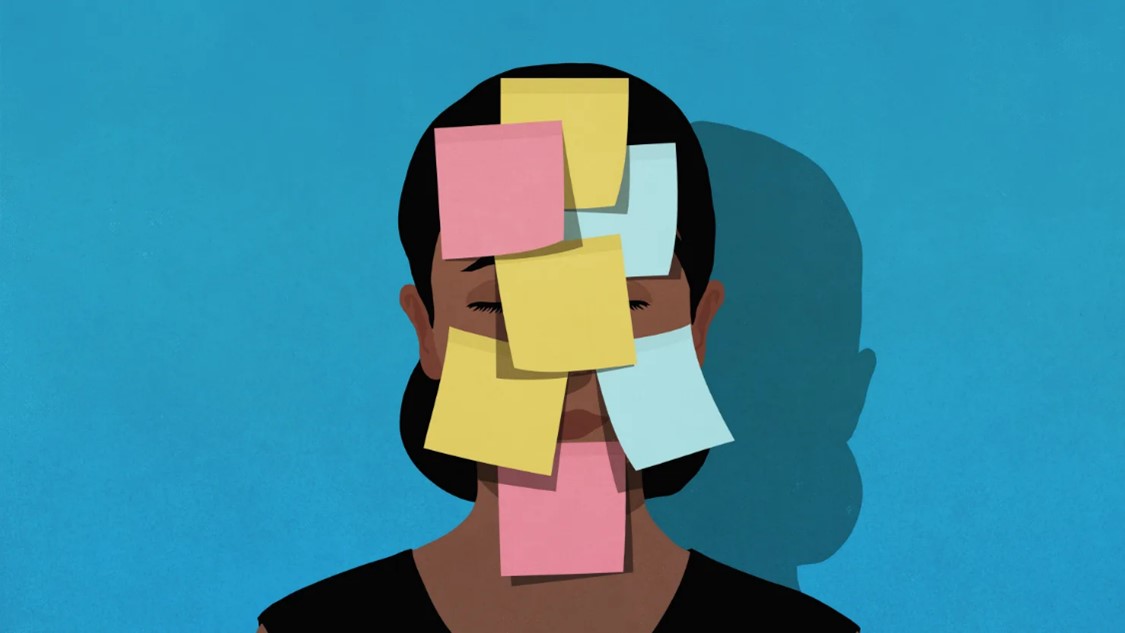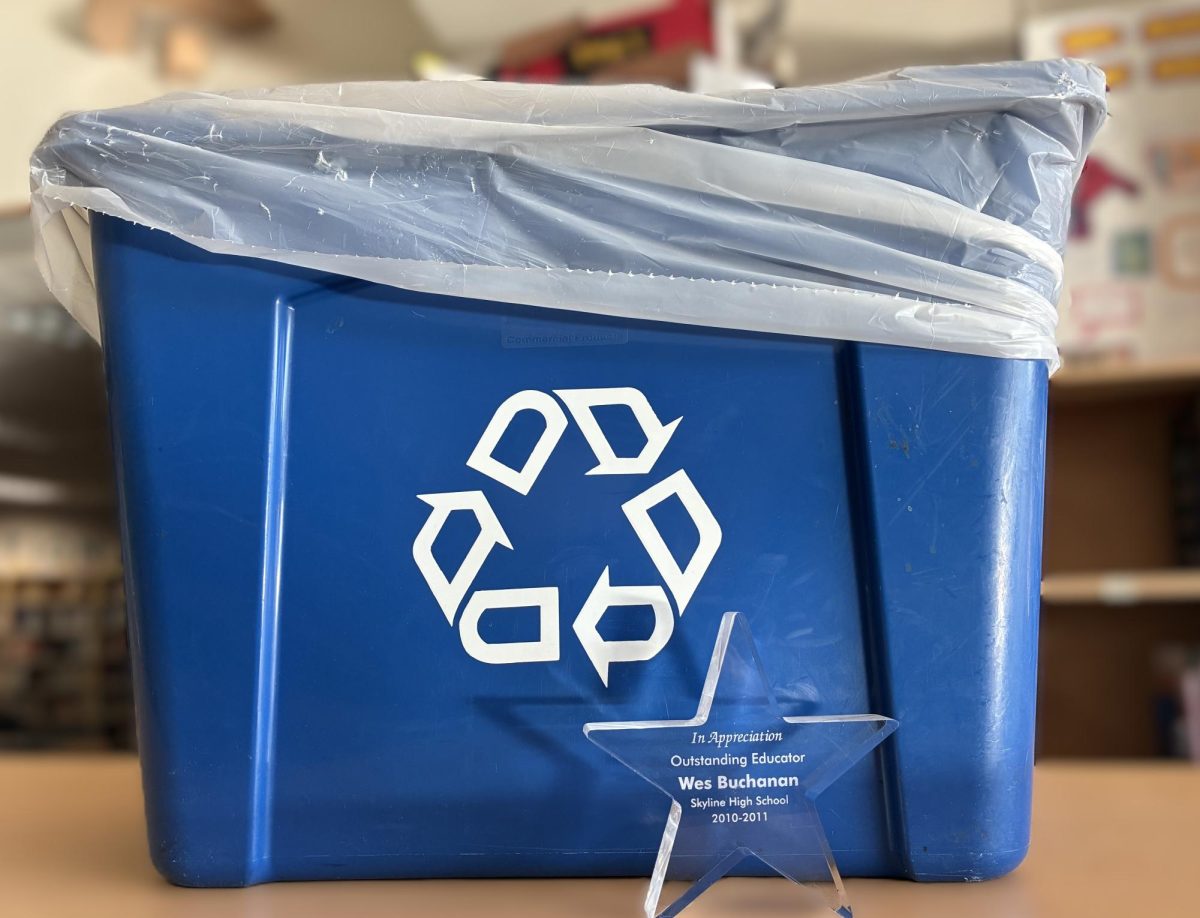Being in a constant state of productivity is seen as a sign of self-discipline and an indicator of hard work. Yet, more and more psychologists, such as Dr. Palena Neale, are reporting that toxic productivity—the obsessive need to always be productive – harms one’s life, relationships, and health.
Since the pandemic, having a proper work-life balance has been harder than ever. During COVID, people’s working hours and home life were mixed, allowing for boundaries between the two to become indistinguishable.
A 2022 survey conducted by the American Psychological Association highlighted alarming statistics concerning breaks and time off in the office space. Only 35% of the adults in the survey reported their job promotes a culture where breaks are encouraged. Similarly, only 40% reported their employer creating a culture where time off is respected.
These statistics point to an over-arching idea that “doing” is infinitely better than “not doing.” In the workplace, being an effective leader is typically time equated with high productivity levels. Additionally, promotions are most often based on employee merit and levels of performance. While it is not wrong to work hard, the need to outperform oneself and the people surrounding them easily leads to the development of toxic productivity throughout an organization.
Psychologist Kathryn Esquer, founder of the Teletherapist Network, says many of us fill hours meant to rest and recharge with more work to feel “worthy, fulfilled, and in control.” People who fall into the trap of toxic productivity never view their work ethic as good enough. This dissatisfaction is accompanied by guilt and self-pity.
Toxic productivity does not just spring out of nowhere; it comes from a mix of societal and psychological factors. Beliefs surrounding productivity come from growing up in environments where rest equates to laziness while vigorous work signals virtue.
Additionally, research from PubMed Central finds that increased self-comparison caused by social media usage contributes to workaholism, a coping mechanism for low-self-esteem where busyness serves as a distraction from negative feelings.
The feelings of not doing enough extend to high school students as well. Skyline junior Prakriti Virmani, who is taking four IB classes this year, said, “There is definitely some pressure to be productive all the time—as a Skyline student, but, [more] specifically, as a junior.”
Prakriti’s statement alludes to the fact that expectations for hard work and courseload are heavily dependent on the school a student attends and what stage they are at in their academic career.
Slack’s Workforce Index analyzed 10,000 desk workers from around the globe and found that “employees who feel obligated to work after hours register 20% lower productivity scores.” Those employees who had worked for longer had also suffered from greater burnout than their counterparts. This datapoint suggests that more work does not automatically equate to high-quality work.
Overcoming toxic productivity is difficult, as it requires challenging perspectives on productivity that have been shaped by society, our environment, and even ourselves. At the end of the day, hard work is good work, but not to the point of exhaustion or obsessiveness.
For more information:
When Doing is Your Undoing: Toxic Productivity | Psychology Today
2023 Work in America Survey: Workplaces as engines of psychological health and well-being









